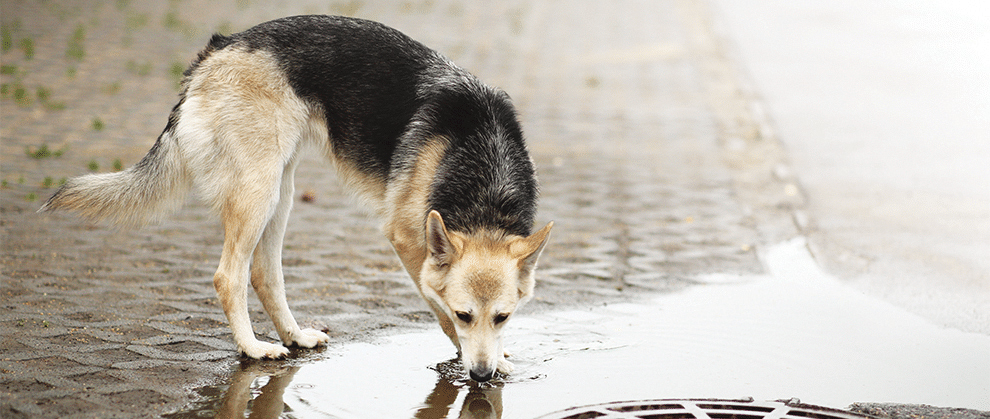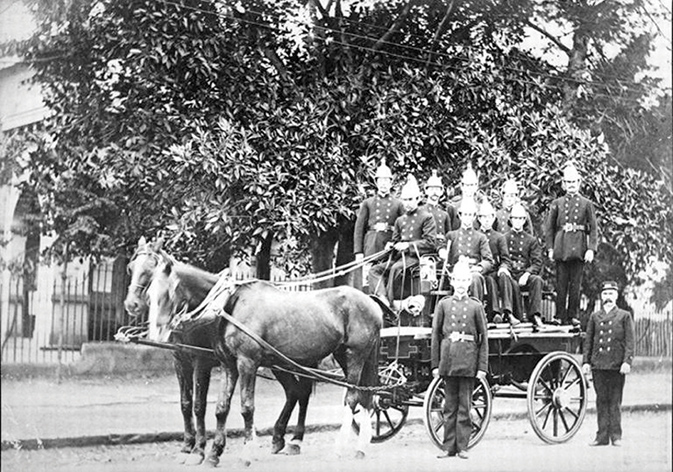By Kellie Tickner, Orchard Hills Veterinary Hospital Administrator
RECENT heavy rainfall and the ongoing rise in rodent numbers have again placed Sydney dogs at greater risk of Leptospirosis, a dangerous bacterial disease. Local veterinarians are reminding pet owners to make sure their dogs are up to date with vaccinations to help prevent this potentially fatal illness.
Leptospirosis is carried mainly by rats, which shed the bacteria in their urine. Once in the environment, it can contaminate puddles, waterways, and damp soil. While once considered a disease of tropical and rural regions such as northern NSW and Queensland, outbreaks have increasingly been identified in Sydney suburbs like Surry Hills, Redfern, Alexandria, and Darlinghurst. This disease is especially concerning because it not only poses a serious threat to dogs but can also infect humans.
One of the challenges with Leptospirosis is its vague early signs. Dogs may seem flat, go off their food, or appear generally unwell. As the disease progresses, symptoms can worsen to include fever, vomiting, diarrhoea, seizures, or jaundice — seen as yellowing of the gums, skin, or eyes. Diagnosis requires specific testing by a veterinarian, and treatment involves intensive care with strong antibiotics. Because this is a zoonotic condition — able to spread from animals to people — fast recognition and management are critical. People may contract it through contact with contaminated water, soil, or vegetation, particularly if they spend time outdoors or work with animals.
Prevention is fortunately within reach. A safe and effective vaccine is available, recommended especially for dogs living in or travelling to high-risk areas. Many pets will already receive protection through their annual C7 vaccination, which also guards against other major diseases like Distemper, Hepatitis, Parvovirus, Kennel Cough, and Coronavirus.
Even if your home is outside the current hotspots, rat populations can shift quickly, and pets often accompany families across different suburbs. Awareness and prevention remain the best tools.
If you are unsure whether your dog is adequately protected, speak with your veterinarian as soon as possible. Orchard Hills Veterinary Hospital can advise on the best vaccination plan for your pet and provide up-to-date care to keep them safe.
Leptospirosis is a preventable disease — with vigilance, timely veterinary care, and current vaccinations, we can protect our pets and safeguard our families.
To arrange a vaccination or discuss your dog’s risk, call Orchard Hills Veterinary Hospital on 02 4736 2027.






